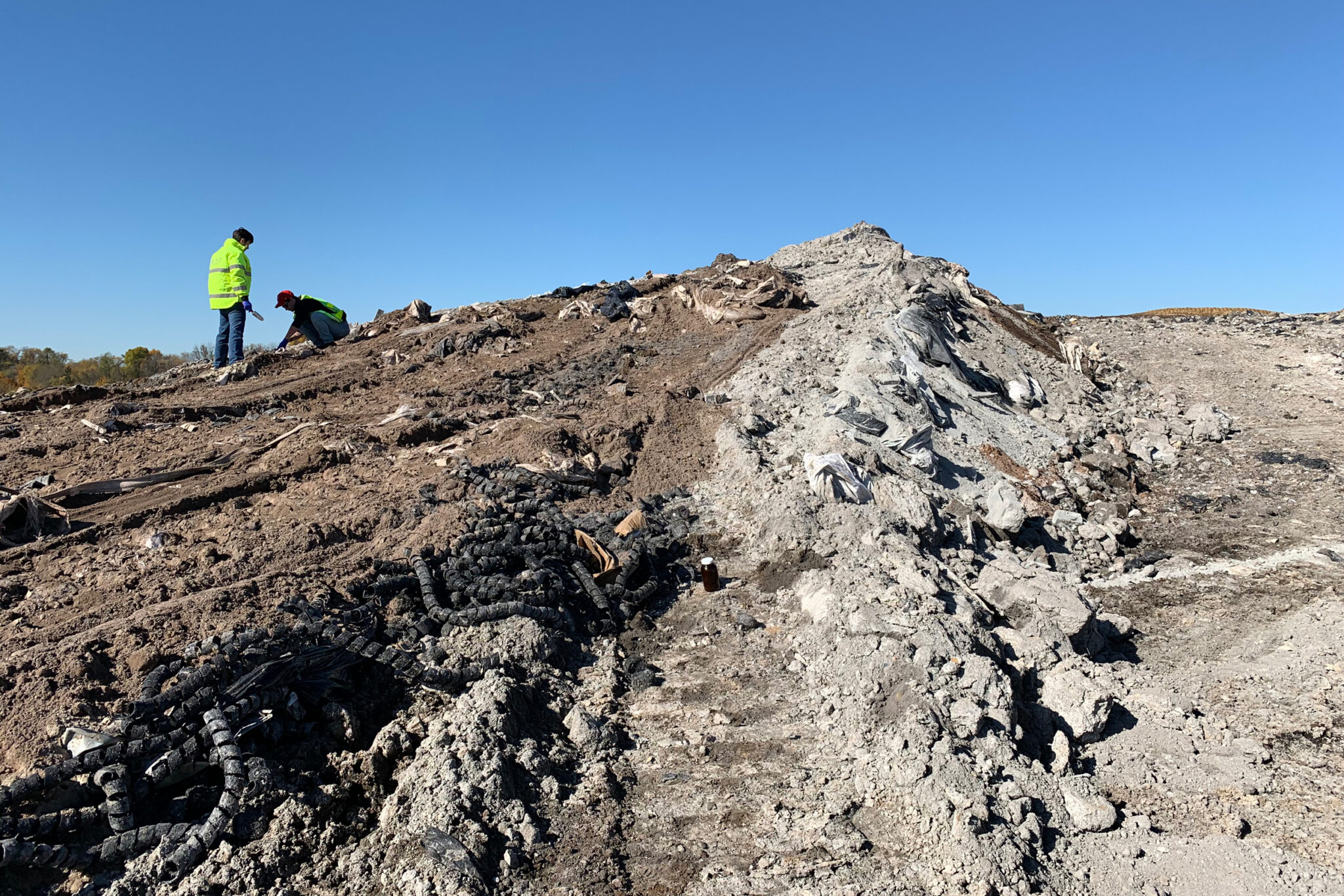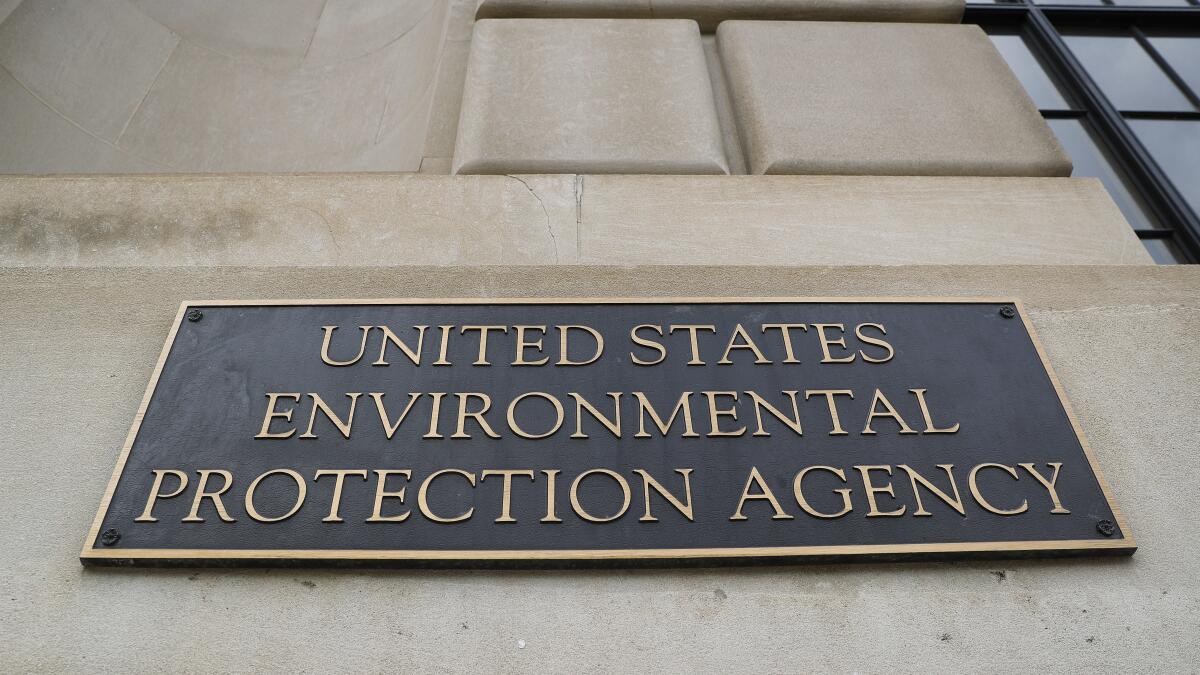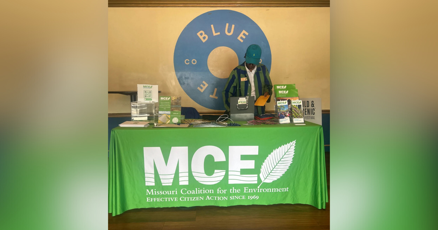Amazonian Warrior: How One Scientist's Mission Exposes Mercury's Silent Threat
Environment
2025-03-24 13:19:26Content
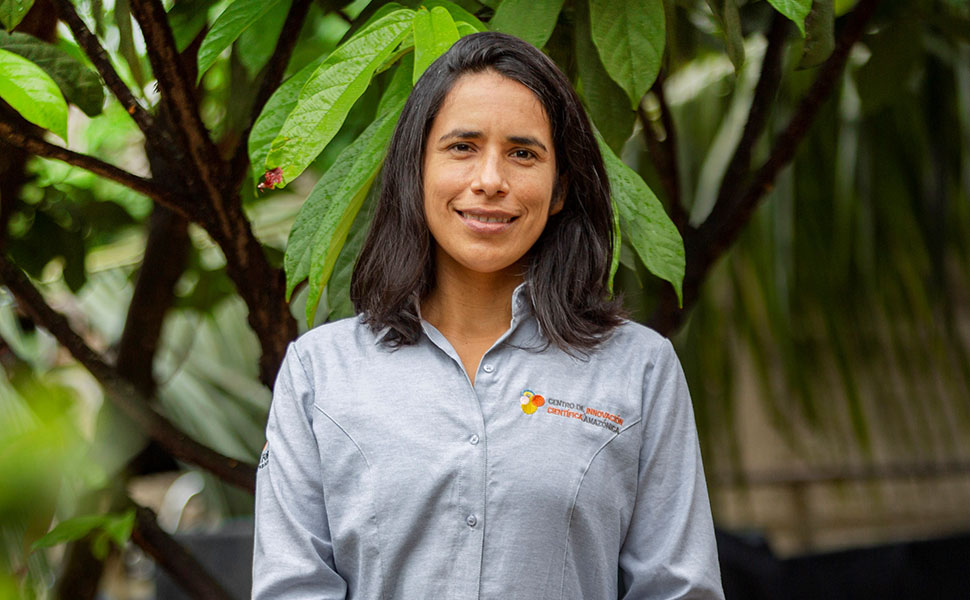
In a remarkable recognition of her pioneering environmental research, Claudia Vega has been named a 2025 TED Fellow. As a distinguished researcher at Wake Forest University's Sabin Family Center for Environment and Sustainability, Vega has dedicated her work to uncovering the critical environmental and human health consequences of mercury pollution stemming from illegal gold mining in the Amazon rainforest.
Her groundbreaking research sheds light on the devastating ecological and health impacts of unregulated mining practices, bringing crucial attention to a complex environmental challenge. By highlighting the interconnected risks to both ecosystems and human populations, Vega is not just conducting research, but driving meaningful awareness and potential policy changes in one of the world's most critical environmental regions.
The TED Fellowship represents a significant milestone in Vega's career, providing her with a prestigious platform to share her insights and potentially inspire global action against environmental degradation in the Amazon.
Unmasking the Silent Threat: How One Researcher is Battling Mercury Pollution in the Amazon
In the heart of the world's most biodiverse ecosystem, a groundbreaking environmental scientist is waging a critical battle against an invisible enemy that threatens both human health and ecological balance. The Amazon rainforest, often celebrated for its lush landscapes and incredible biodiversity, harbors a dark secret that few understand and even fewer are actively combating.Pioneering Research Unveils the Devastating Impact of Mercury Contamination
The Hidden Environmental Crisis
Mercury pollution represents a complex and insidious threat that extends far beyond simple environmental degradation. Illegal gold mining operations in the Amazon have created a catastrophic ecological nightmare, releasing toxic mercury into delicate ecosystems with devastating consequences. The contamination process begins deep within remote mining sites, where primitive extraction techniques unleash mercury directly into rivers, soil, and surrounding landscapes. Researchers have discovered that mercury doesn't simply remain localized. It enters complex biological systems, bioaccumulating through food chains and creating long-lasting environmental damage. Fish populations become contaminated, indigenous communities suffer profound health risks, and entire ecological networks face potential collapse.Scientific Methodology and Groundbreaking Investigations
Claudia Vega's research represents a sophisticated approach to understanding mercury's multifaceted environmental impact. By employing advanced scientific techniques, she meticulously tracks mercury's journey through complex ecological systems, revealing intricate pathways of contamination that were previously unknown. Her investigative work involves comprehensive field studies, advanced laboratory analysis, and collaborative research with local communities. These methodologies provide unprecedented insights into how mercury transforms ecosystems, affects human health, and creates long-term environmental challenges that extend far beyond immediate mining regions.Human Health Implications and Community Vulnerability
The human cost of mercury contamination extends far beyond environmental statistics. Indigenous communities living near illegal gold mining sites face profound health risks that can span generations. Mercury exposure can lead to neurological disorders, developmental challenges in children, and systemic health complications that fundamentally alter community well-being. Vega's research illuminates the intricate connections between environmental pollution and human health, demonstrating how seemingly distant industrial practices can create cascading effects on vulnerable populations. Her work provides critical evidence supporting more stringent environmental regulations and community protection strategies.Technological Innovations and Mitigation Strategies
Addressing mercury pollution requires innovative technological solutions and comprehensive policy interventions. Vega's research explores cutting-edge remediation techniques, including advanced filtration systems, biological treatment methods, and community-based monitoring programs. These strategies represent more than theoretical concepts; they provide practical frameworks for reducing mercury contamination and protecting both environmental and human health. By combining scientific expertise with actionable recommendations, researchers like Vega are developing roadmaps for sustainable environmental management.Global Implications and Future Perspectives
The Amazon's mercury crisis is not an isolated phenomenon but a global environmental challenge with far-reaching consequences. Vega's work transcends regional boundaries, offering critical insights into how industrial practices impact planetary ecosystems. Her research serves as a powerful reminder that environmental protection requires collaborative, interdisciplinary approaches. By bridging scientific investigation, community engagement, and policy development, researchers can create meaningful strategies for addressing complex environmental challenges. The TED Fellowship represents more than individual recognition; it symbolizes a broader commitment to understanding and addressing critical environmental issues that affect our collective future.RELATED NEWS
Environment

Chemical Crackdown Contradiction: Trump's EPA Softens Toxic Regulation Stance
2025-03-16 14:00:00
Environment
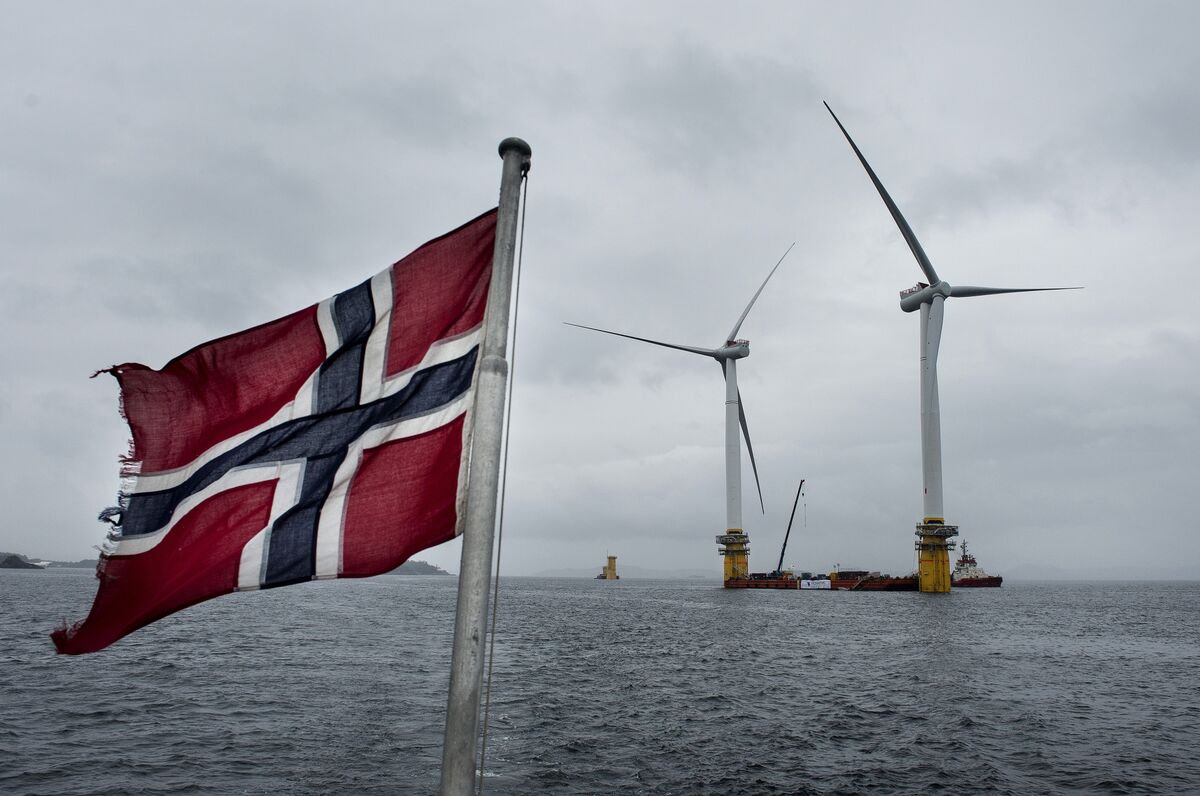
Beyond DNA: How Norway's Lifestyle Secrets Are Rewriting Longevity Science
2025-02-21 11:00:10

